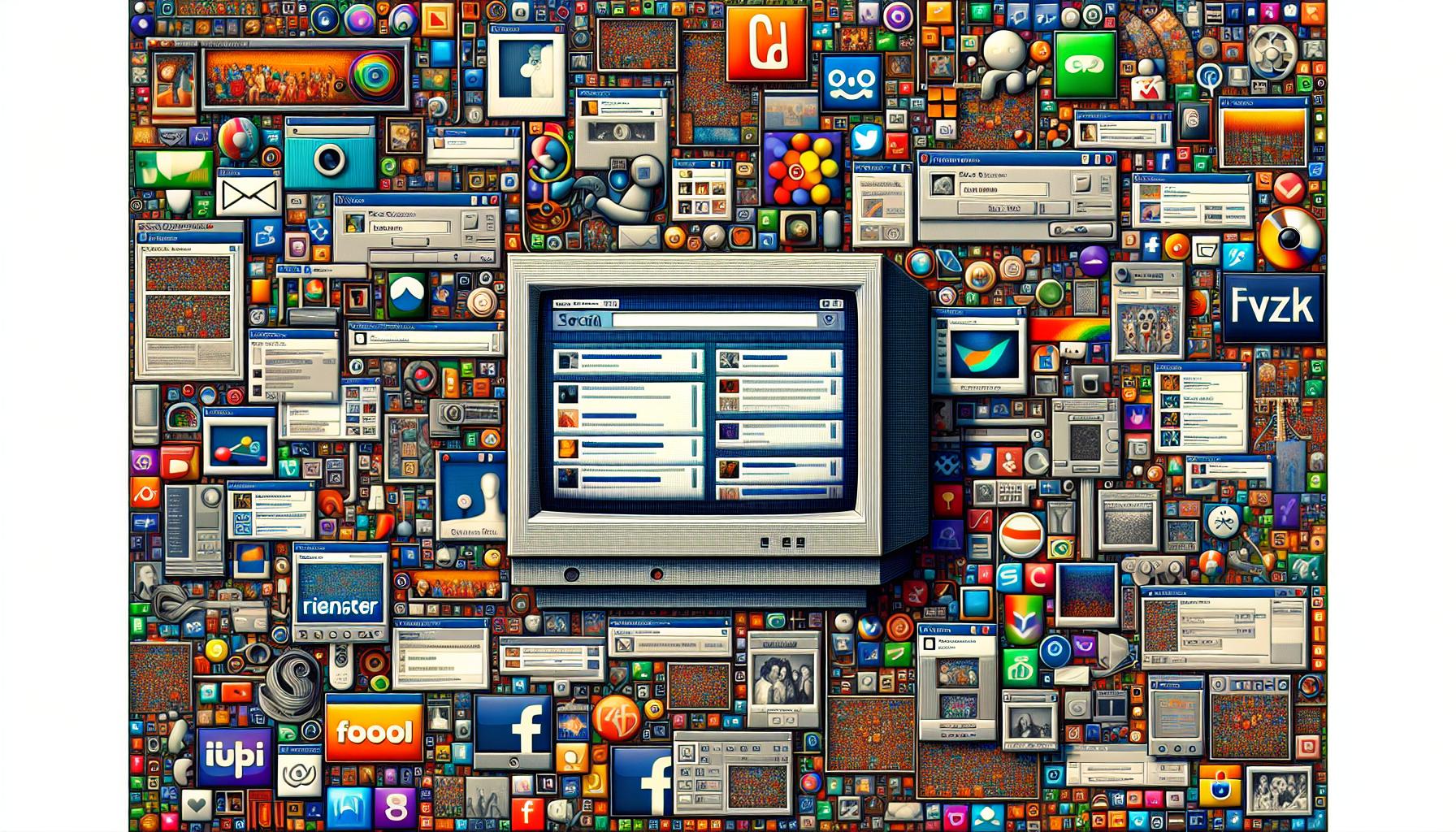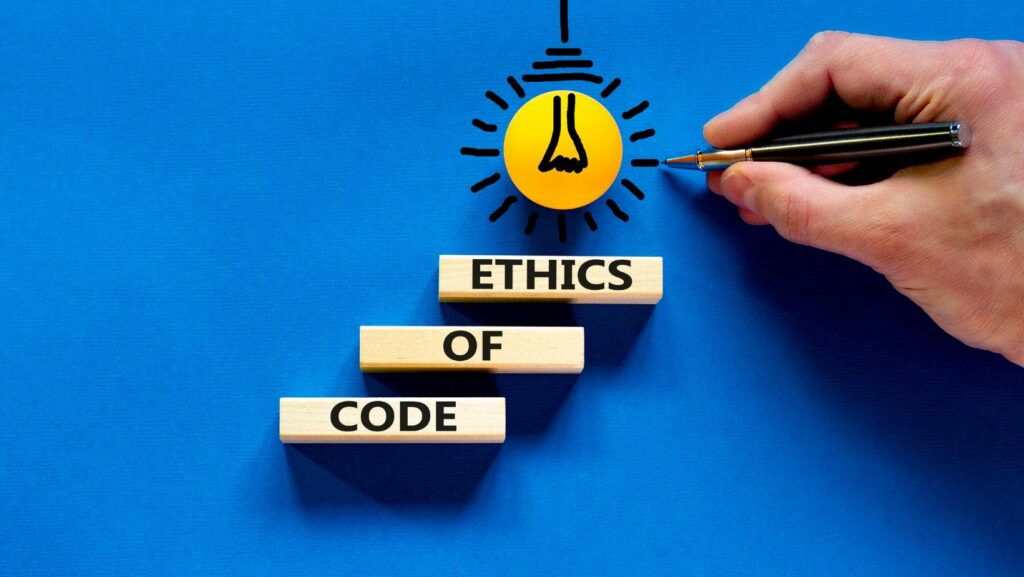Social Media in the Digital Age: History, Ethics, and Professional Uses PDF Free Download
- Evolution of Social Media: Social media has transformed from simple networking sites to powerful platforms that shape public discourse and facilitate global communication.
- Ethical Challenges: Understanding privacy concerns, misinformation, and online harassment is crucial for navigating social media responsibly in both personal and professional contexts.
- Professional Applications: Social media serves as an essential tool for branding, networking, and marketing, enabling businesses and professionals to connect with their audience and enhance visibility.
- Best Practices: Developing a clear content strategy, maintaining authenticity, and being mindful of potential pitfalls like negative perceptions are vital for effective social media engagement.
- Learning Resources: A free PDF download is available for readers seeking deeper insights into the history, ethics, and professional uses of social media.
In today’s fast-paced digital world, social media has transformed how people connect, share, and communicate. From its humble beginnings as simple networking sites to the powerful platforms shaping public discourse, understanding the evolution of social media is crucial. This article delves into the rich history of these platforms, exploring their impact on society and the ethical challenges they present.
As professionals increasingly leverage social media for branding and networking, knowing the best practices and potential pitfalls becomes essential. This piece not only highlights the significance of social media in various fields but also offers a free PDF download for those seeking a deeper understanding of its multifaceted role in the digital age. Readers will gain valuable insights into the ethical considerations and professional applications that define social media today.
Overview of Social Media in the Digital Age
Social media has transformed communication, connecting individuals and organizations in unprecedented ways. Beginning as simple platforms for personal interaction, these tools evolved into complex networks influencing various aspects of daily life, from news dissemination to marketing strategies.
Key platforms like Facebook, Twitter, LinkedIn, and Instagram now enable users to share content, engage with audiences, and establish professional networks. Statistics reveal that as of 2023, over 4.8 billion people globally use social media, underscoring its significance in contemporary society.
Ethical considerations arise from this growth. Issues like privacy, misinformation, and digital harassment challenge users and organizations alike. Navigating these ethical dilemmas requires an understanding of social media policies and responsible use guidelines.
Professionally, social media offers opportunities for branding and networking. Businesses utilize social platforms for targeted advertising, customer engagement, and market research. Best practices include developing a clear content strategy, maintaining authenticity, and measuring engagement metrics. Recognizing potential pitfalls, such as negative public perception or misinformation, remains crucial for effective digital engagement.
For those seeking further insights, a free PDF download is available. This resource delves deeper into social media’s development, ethical perspectives, and its critical role across various professions.
Historical Development of Social Media

Social media’s journey showcases significant milestones that shaped its current form. Understanding this evolution provides insight into its impact on communication and society.
Early Platforms and Their Impact
Early platforms like Six Degrees, launched in 1997, allowed users to create profiles and connect with friends. Friendster followed in 2002, promoting friend-building and establishing features that would define future platforms. MySpace, emerging in 2003, became a cultural phenomenon, enabling users to customize profiles, share music, and connect. These sites catalyzed the transition from static webpages to interactive community-driven environments.
The Evolution of Social Media Features
Social media features have continuously evolved to enhance user experience. Profiles became richer, incorporating multimedia elements such as photos and videos. The introduction of news feeds on Facebook in 2006 revolutionized how users consumed content, centralizing updates from friends and pages. Twitter’s character limit in 2006 encouraged concise communication, influencing language and information exchange globally. Mobile applications, introduced in the late 2000s, expanded access, allowing users to engage on-the-go. These developments signal the shift from simple communication tools to complex platforms influencing personal interactions, marketing, and news dissemination.
Ethical Considerations in Social Media

Ethical considerations in social media reflect the challenges that arise from its widespread use. Issues of privacy, data security, and the dissemination of misinformation are critical to understanding the ethical landscape of these platforms.
Privacy and Data Security
Privacy and data security play pivotal roles in social media ethics. Users frequently share personal information, often unaware of how that data gets collected and utilized. According to the Pew Research Center, 79% of Americans express concern about how their data gets used by companies. Implementing stringent privacy policies and transparent data practices becomes essential for platforms to maintain user trust. Organizations such as the Electronic Frontier Foundation advocate for user education on privacy settings and the risks associated with data sharing. Effective encryption methods and regular data audits help protect user information and enhance security measures.
Online Harassment and Misinformation
Online harassment and misinformation present significant ethical challenges. Social media platforms face scrutiny for their handling of abusive behavior, with over 40% of users reporting experiencing some form of online harassment, as noted by the Anti-Defamation League. Establishing clear community guidelines and robust reporting systems is crucial for fostering a safe environment. Misinformation also proliferates easily; a study by MIT Media Lab found that false news spreads six times faster than true stories. Implementing fact-checking mechanisms and promoting media literacy can help mitigate the impact of false information. Ultimately, addressing these issues requires a collaborative effort from platforms, users, and policymakers to create a more ethical social media landscape.
Professional Uses of Social Media

Social media serves as a vital tool for professionals across various fields, offering avenues for marketing, brand engagement, networking, and career development.
Marketing and Brand Engagement
Social media enhances marketing strategies by enabling targeted campaigns. Businesses can utilize platforms like Facebook, Instagram, and Twitter to reach specific demographics, with over 60% of marketers noting improved brand visibility through social media. Engaging content, such as videos and infographics, gains higher shares and interactions. Additionally, social media allows brands to gather real-time feedback, which is crucial for refining products and services. Companies can also leverage user-generated content to establish authenticity and strengthen customer relationships, with consumer trust in brands increasing by 79% when they interact directly on social platforms.
Networking and Career Development
Social media fosters networking opportunities that can influence career paths. LinkedIn serves as a primary platform for professional connections, housing over 900 million users, making it an essential site for job seekers and recruiters alike. Many professionals use social media to showcase their expertise, post insightful articles, and engage in industry-related discussions, which enhances their visibility and credibility. Joining industry-specific groups allows individuals to expand their networks, gain insights, and discover job opportunities. Networking via social media can lead to collaborations, mentorships, and career advancements, demonstrating its role as a powerful tool in professional development.
Resources for Further Exploration
Readers can access various resources to deepen their understanding of social media in the digital age, focusing on its history, ethics, and professional applications. The following sources offer valuable insights:
-
Books
- The Age of Surveillance Capitalism by Shoshana Zuboff explores the implications of data collection and privacy in the social media landscape.
- So You’ve Been Publicly Shamed by Jon Ronson examines the effects of online harassment and public humiliation.
- Reclaiming Conversation by Sherry Turkle discusses the importance of genuine communication in an increasingly digital world.
-
Articles and Journals
- The Journal of Social Media Studies provides peer-reviewed research on social media trends, ethics, and user behavior.
- Articles from platforms like Pew Research Center deliver data on social media usage, privacy concerns, and demographic studies.
- Online magazines such as Wired and TechCrunch offer current analyses of technological advancements and their societal impacts.
-
Websites and Online Courses
- Websites like Nielsen and Statista provide statistics on social media user demographics and behavior trends.
- Online learning platforms like Coursera and edX feature courses on digital marketing, social media strategy, and ethical considerations in online communication.
- The Digital Marketing Institute offers resources related to the professional use of social media in branding and engagement.
- Several organizations and universities provide free downloadable PDFs on social media ethics and best practices, such as The Social Media Ethics Framework from the University of California.
- The Content Marketing Institute offers downloadable guides on leveraging social media for professional growth and brand visibility.
- The Hootsuite Social Media Trends report provides insights and forecasts in a downloadable format.
These resources help expand knowledge on the complexities of social media and its influence on modern communication and professional landscapes.
Responsible Digital Environment
Social media’s journey in the digital age reflects its profound impact on communication and professional landscapes. As it continues to evolve, understanding its ethical implications becomes crucial for users and organizations alike. The challenges of privacy, misinformation, and online harassment demand attention and proactive measures.
Professionals can leverage social media to enhance their branding and networking efforts. By adopting best practices and remaining authentic, they can navigate potential pitfalls while maximizing opportunities. The resources provided offer valuable insights for those seeking to deepen their knowledge of social media’s complexities.
With over 4.8 billion users worldwide, the influence of social media is undeniable. It’s essential for everyone to stay informed and engaged in shaping a responsible digital environment.

